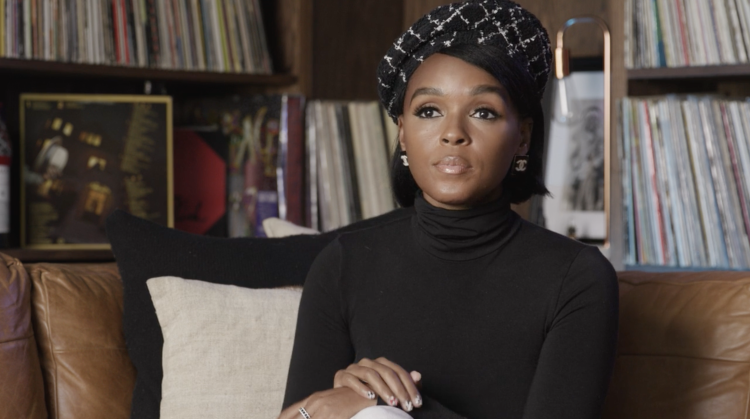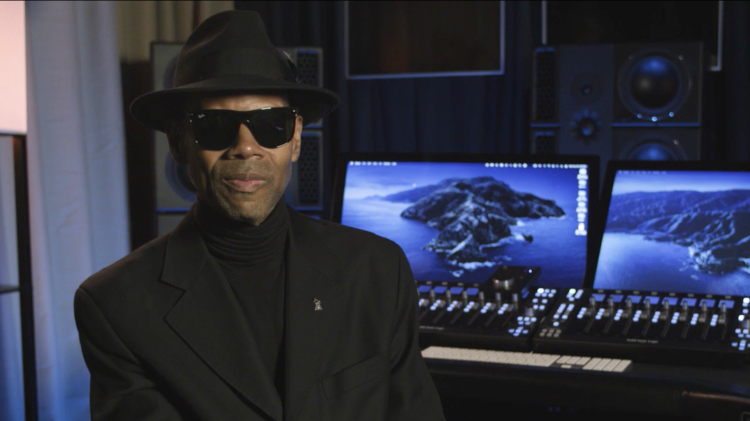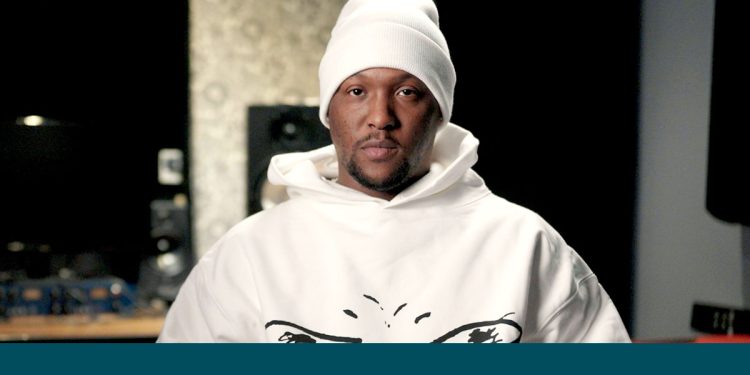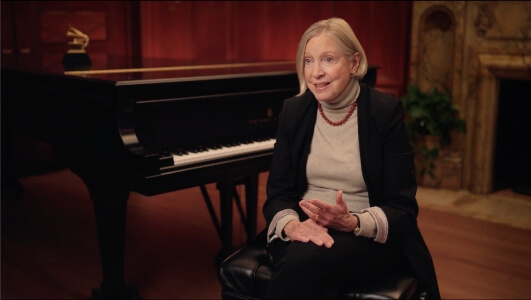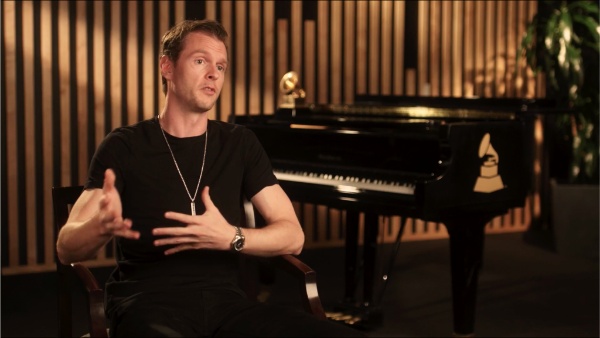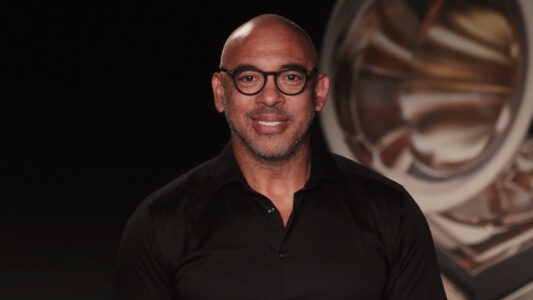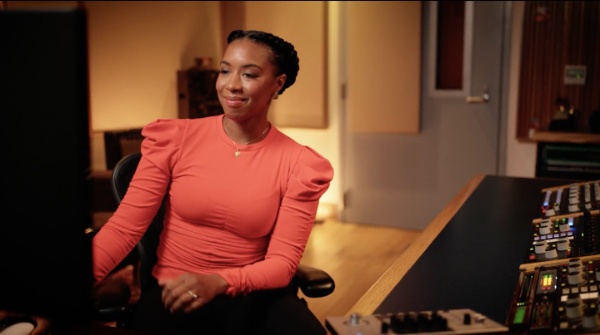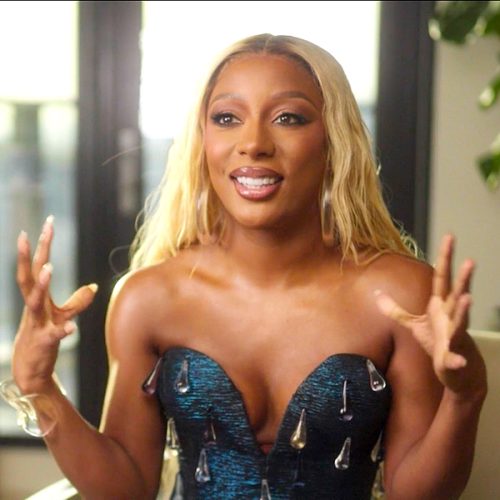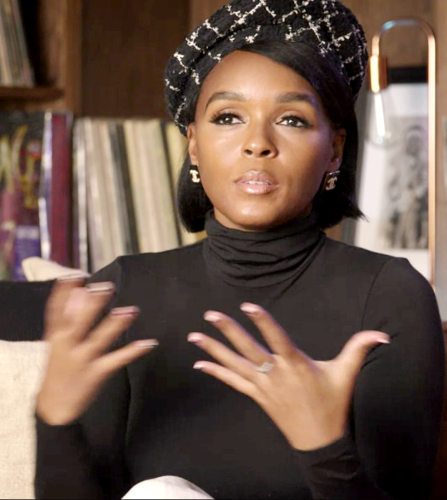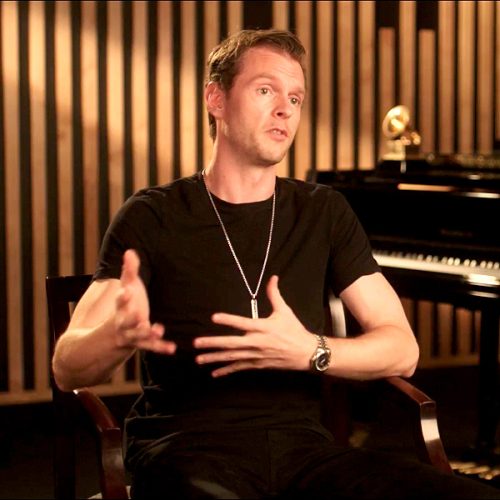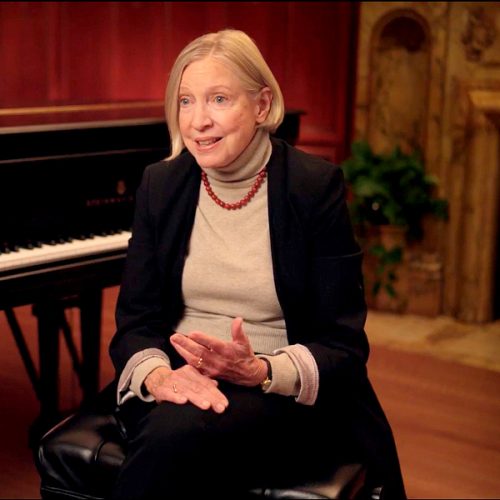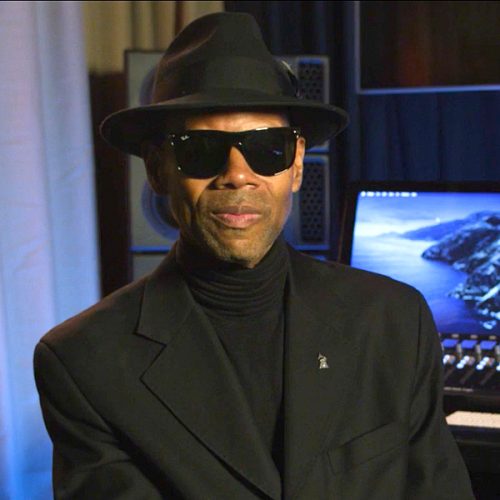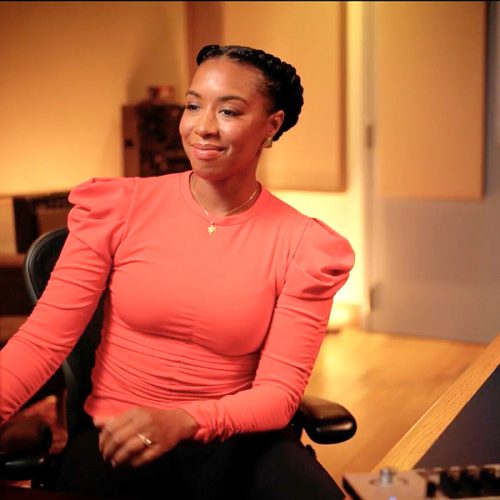Overview
The Unsung Architects of Live Music: An Introduction to Music Booking Agents
A.K.A.

In the dynamic world of music, behind the electrifying concerts and seamless tours, music booking agents stand as pivotal figures orchestrating the show from behind the scenes. These agents are the architects of live music, crafting the trajectories of artists’ careers by securing gigs that not only align with their artistic identity but also propel them into the spotlight. In this article, we explore the role of music booking agents, exploring how they navigate the complexities of the music industry to bring live performances to life. From the essential functions and responsibilities of a music booking agent to a closer look at some of the industry’s most influential figures, this piece offers a comprehensive guide through the beat-driven world of music booking.
Discover GRAMMY GO courses exclusively on Coursera
What is a Music Booking Agent?
A music booking agent is a pivotal figure in the music industry, tasked with the organization and negotiation of live performances for artists. These professionals serve as the bridge between musicians and event promoters, helping to orchestrate concerts, tours, and appearances. Their expertise not only lies in spotting the right opportunities but also in negotiating contracts that benefit the artist, ensuring a smooth logistical flow for every event.
What Does a Music Agent Do?
The primary role of a music agent is to manage the live performance aspects of a musician’s career. This includes identifying suitable venues, negotiating fees, and finalizing performance contracts. Beyond logistics, they also strategize on an artist’s market positioning, helping to build a fanbase and increase public exposure through live events. Their extensive network within the industry enables them to secure lucrative and appropriate bookings that align with the artist’s career goals and audience.
How to Become a Music Agent?
The path to becoming a music agent often starts with a foundation in music business or a related field, which can be acquired through formal education such as a degree in music management or business. Practical experience is equally important, which is why many aspiring agents start their careers interning at talent agencies or working in related music industry roles to gain valuable insights and contacts. Success in this field requires a deep understanding of the music industry, excellent negotiation skills, and the ability to foresee and capitalize on trends.
In addition to traditional career paths, emerging music agents can greatly benefit from specialized educational resources designed to enhance their skills in brand building and audience engagement. A notable example is GRAMMY GO’s Building Your Audience for Music Professionals specialization available on Coursera. This course teaches the fundamentals of brand building tailored specifically for creators and their teams, offering valuable insights into crafting a distinctive brand and effectively engaging with audiences. For anyone starting in the music business, whether as an agent or creator, this course serves as an excellent introduction to the essential strategies of modern music marketing.
Salary for Music Agents
$76K
AVG

According to Glassdoor, music booking agents in the United States can expect an average annual compensation of approximately $76,198, which combines a median base salary of $62,873 and additional earnings (such as commissions and bonuses) that average around $13,325. Compensation structures in this field typically blend base salaries with performance-based earnings, where agents receive a percentage (commonly 10% to 20%) of the client’s fee from each project.
The potential income for music agents varies widely depending on factors such as the agent’s experience, the artists they represent, and the volume of their bookings. While the Bureau of Labor Statistics reports a median annual wage of $66,040 for agents and managers of artists as of May 2018, salaries in the agency field can range from as low as $30,000 to upwards of $60,000 annually. Freelance agents have the flexibility to set their own fees, which can significantly affect their earnings based on the demand for their services and the success of the artists they manage.
Work-Life Balance of a Music Booking Agent
The career of a music booking agent is marked by irregular hours and high demands, often requiring work during evenings, weekends, and holidays to align with the music industry’s live event schedules. Despite the challenging hours, the role can be immensely rewarding for those deeply passionate about music and artist development. Agents must be adept at managing their time and prioritizing tasks effectively to maintain a work-life balance. The fulfillment of fostering artists’ careers and contributing to their success often compensates for the intensive nature of the job. For those who thrive in dynamic, fast-paced environments, being a music agent offers a unique blend of challenges and gratifications.
Leading Talent Agencies
The landscape of music booking is dominated by several key agencies, each known for their unique strengths and artist rosters. Prominent among them are giants like William Morris Endeavor (WME), Creative Artists Agency (CAA), and United Talent Agency (UTA). These agencies are renowned for their global reach and ability to secure high-profile deals, managing a diverse array of talent across various entertainment sectors including music, film, and television.
Adding to this list, Paradigm Talent Agency stands out for its personalized touch and diverse talent pool that spans across major entertainment fields, helping to nurture the careers of both established stars and emerging talents. On the boutique side, High Road Touring specializes in indie and alternative genres, focusing on developing artists’ live careers with a hands-on approach that aligns with artists’ authentic styles and career aspirations. Similarly, Ground Control Touring is acclaimed for its dedication to indie musicians and emerging talents, providing personalized attention that supports their growth in the highly competitive music industry.
These agencies collectively represent the spectrum of services available to artists today, from mega-agencies that offer global resources to smaller, niche firms that provide tailored career management and booking services. Each agency has carved out its own space in the industry, proving that size does not always define influence.
How to Secure a Music Booking Agent
Securing a music booking agent involves building a compelling portfolio that includes live performance experience and a solid fan base. Artists should focus on creating high-quality music and establishing a presence in their local music scenes and online. Networking is crucial; attending industry events and making connections can lead to introductions with potential agents. Researching agents who represent artists with similar styles and career trajectories can also guide you towards the right agency.
Profiles of Famous Music Booking Agents
Lucy Dickins stands as a towering figure in the realm of music booking agents. As the Global Head of Contemporary Music and Touring at William Morris Endeavor (WME), Dickins commands a pivotal role, overseeing the agency’s operations across multiple global offices including Beverly Hills, New York, Nashville, London, and Sydney. Her career took a significant leap forward when she joined WME in 2019, having moved from ITB, a company founded by her father. Her illustrious roster includes industry giants like Adele, Mumford & Sons, and Stormzy, as well as acclaimed artists like James Blake and Laura Marling. Known for her dedication and personal connection to her clients, Dickins was honored with the prestigious Music Industry Trusts Award (MITS) in 2023, a testament to her impact and leadership in the music industry.
Marsha Vlasic brings a wealth of experience and a deep sense of legacy to her role. With a career that spans several decades, Vlasic has been influential in shaping the live performance careers of iconic artists such as Neil Young and Elvis Costello. Her approach to artist representation is meticulous and nurturing, ensuring that each artist’s career is built for longevity and genuine impact. Vlasic’s commitment to her work and her clients goes beyond mere business; it is about creating a lasting legacy and pushing for greater representation and success for women in the music industry.
Akin Aliu is known for his dynamic approach to artist representation at Creative Artists Agency (CAA). Starting as an intern, Aliu worked his way up to being a key music agent, with a focus on elevating diverse and underrepresented voices in the music industry. His roster includes innovative artists like Becky G and Doja Cat, reflecting his commitment to supporting groundbreaking talent. Aliu’s work extends beyond the business side of music; he is deeply involved in initiatives aimed at social change and equality, demonstrating his dedication to making a difference both within and outside the music industry.
Conclusion
Music booking agents are pivotal to the music industry, steering the careers of artists and the cultural landscape of music itself. Through strategic planning, keen negotiation skills, and a deep passion for music, these professionals help artists realize their full potential while ensuring fans around the world have access to incredible live music experiences. The contributions of agents not only echo through the concerts they book but also through the lasting impacts they have on the music industry at large.
Frequently Asked Questions
What is the role of a music booking agent?
Music booking agents have a critical role in supporting independent artists. They manage schedules, secure performance opportunities, and handle administrative chores. Their job includes scheduling concerts, tours, and appearances as well as negotiating fees and contracts.
How does a music booking agent earn?
A music booking agent predominantly earns through commissions and bonuses. These earnings depend on various factors like their experience and the demand for live music. The standard commission they charge is usually around 10-15% of the performances they book.
How to choose the right music agent?
Choosing the right music agent involves understanding one’s artistic goals and needs, conducting thorough research, and comparing potential agents based on their reputation, past work, and communication skills. One should also consider contractual terms, commission rates, and legal aspects before finalizing their agent.
